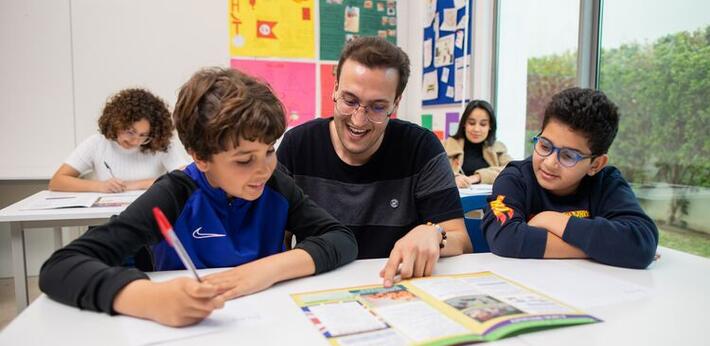You are here
Home ›16/06/2014
Vietnam’s next priorities to boost international integration in education
On 8th June, Vietnam National University in Ho Chi Minh city (VNU-HCM) in collaboration with National Council for Education and Human Resource Development organised a conference on “International Integration In the Process of Higher Education Reform in Vietnam”. The conference attracted more than 200 domestic and foreign scientists and higher education leaders.
A hot topic of the conference was financial reform to improve higher education quality. At the moment, finance is considered a bottleneck against reform efforts in education and training. Investment for education accounts for 20% of the annual national budget, but in terms of average training expenditure per student, the ratio is just 600-700 USD/person/year. According to WB, average spending per public-university student in Vietnam only accounts for 53-57% of GDP/person, this figure is much lower than that of 117 reporting countries which is about 93% of GDP/person. This reality urges Vietnam universities to take initiatives in pursuing a financial autonomy mechanism. VNU-HCM is among a few universities in Vietnam making effective steps in this area.
Another aspect of university autonomy is in training and research. A professor in the conference said it is necessary to unite or to reduce separation between research network and higher education network in Vietnam, to give funding priorities to higher education institutions that focus on research, as well as to improve transparency, fairness and democracy in the process of selecting and validating research work results. Besides, National Foundation for Science and Technology Development (NAFOSTED) should be extended and become the main source of funding for science and technology R&D activities.
In his speech at the conference, Deputy Minister of Vietnam Education and Training Bui Van Ga said “To accelerate higher education international integration in the near future, the Ministry of Education and Training has been working with the Ministry of Labour, Invalids and Social Affairs to quickly develop a National qualification framework, to complete a decree on institutional stratification and the ranking of universities; to adjust the vocational education system to standards that other countries have adopted, to detail Decree No.73 (*) to encourage investment from reputable foreign universities and international organisations into Vietnam and to develop a mechanism to attract foreign scientists and lecturers to Vietnam”.
This conference is one among a series of seminars on higher education reform that were held in the first half of 2014, including a Conference on “What is a good university” organised by Vietnam Scholar Network (VSN) in collaboration with Vietnam Centre for Economic and Policy Research (VEPR) and VNU University of Education, and sponsored by British Embassy in Vietnam. Another conference on “Development of Science and Technology research activities in universities” was held by VNU-HN in April.
All of these conferences show efforts, dedication and desire of education professionals in Vietnam for a breakthrough in higher education reform. However, what Vietnam really needs at this moment is concrete actions from governmental high level. At the end of May, the Prime Minister of Vietnam has signed a decision allowing the establishment of a National Committee on education and training reform. He will be the President of the committee which is tasked with conveying instructions to ministries, sectors and localities on how to better put forth policies relating to education reform, as well as inspect the implementation of important programmes and projects in this area. This can be seen as a positive indication that Vietnam government will take radical actions in reforming its higher education system in year 2014 and beyond.
(*) Decree No.73 is on the foreign cooperation and investment in education, issued by Vietnam Government in September 2012






